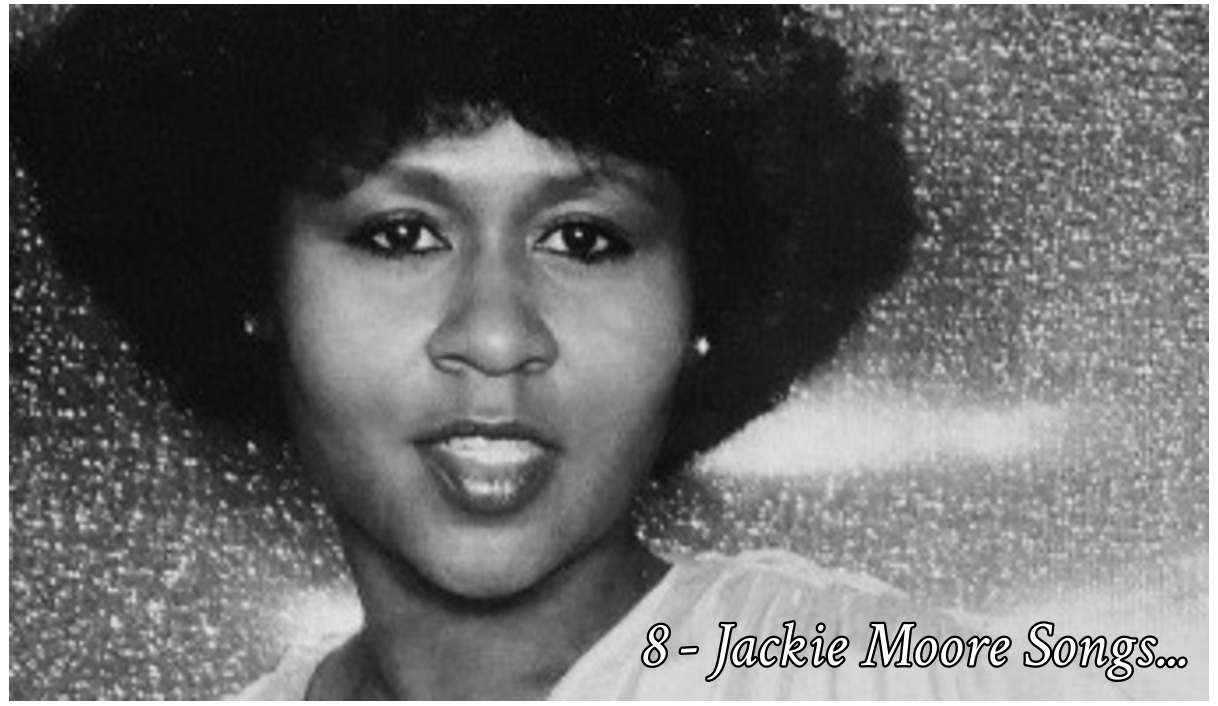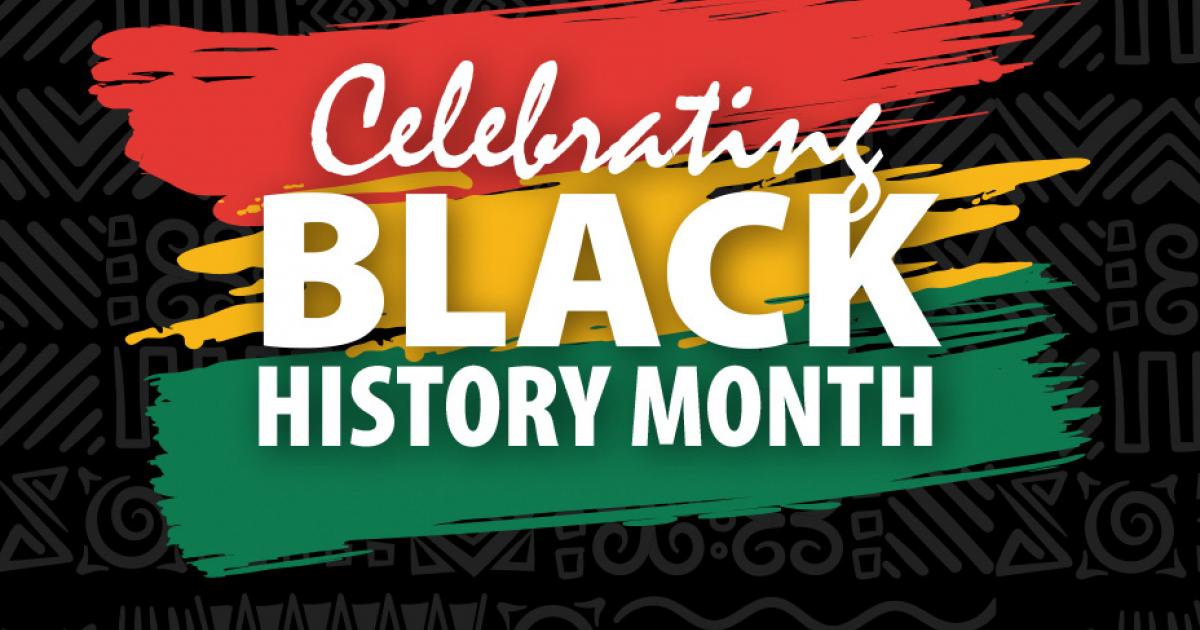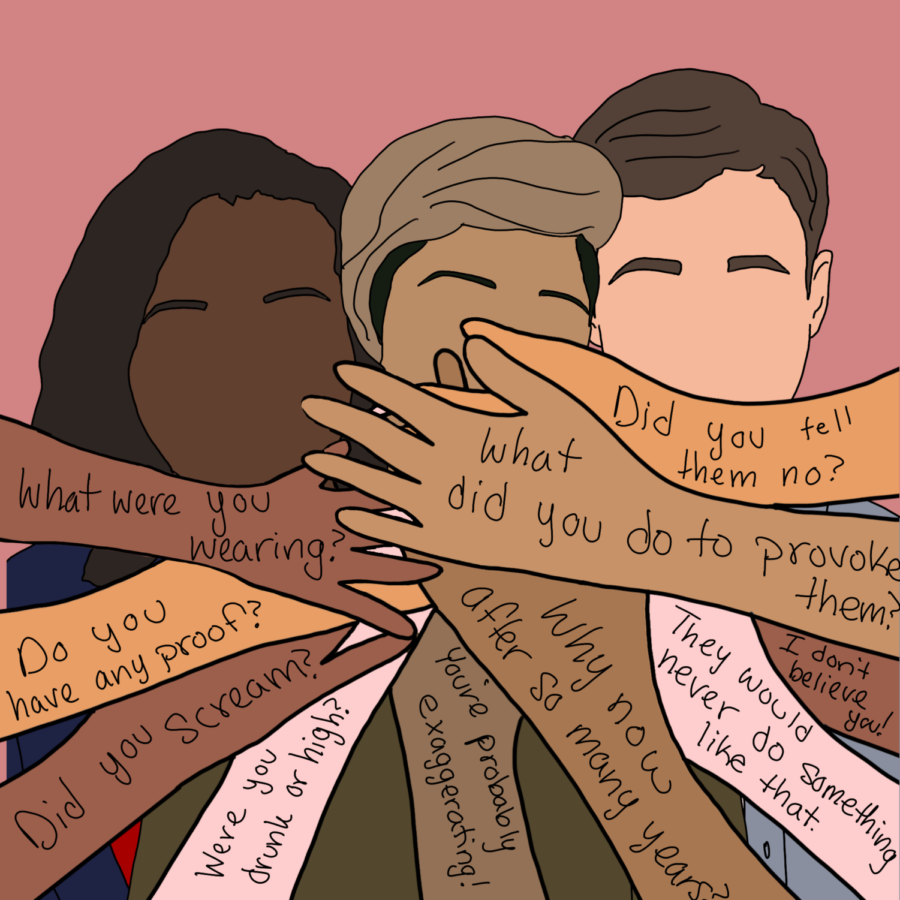(ThyBlackMan.com) There’s something special about digging through old records and stumbling upon a voice that grabs you by the heart—and for me, that voice was Jackie Moore’s. The first time I heard her sing “Precious, Precious,” I stopped everything. That southern soul, the grit in her delivery, the honesty in her storytelling—it all felt like finding a rare gem that the world had somehow overlooked.
Jackie Moore may not be as widely known as some of her contemporaries, but once you hear her, you don’t forget her. Her songs touch the raw places—whether it’s heartbreak, empowerment, longing, or redemption. And while she had her commercial highs, especially during the disco era, her catalog runs deeper than one or two hits. From slow-burning ballads to uptempo anthems, her voice tells the truth every time.
If you’ve never explored her work, consider this your invitation. Here are eight Jackie Moore songs you should absolutely check out—each one a window into the soul of an artist who poured everything she had into her music.

1. Precious, Precious (1970)
“Precious, Precious” wasn’t just Jackie Moore’s breakout hit—it was a full-bodied introduction to a voice that could cradle your soul. Clocking in at over six minutes on the original single, the track was later edited for radio play. Still, even in its shorter form, it remains one of the most emotionally searing soul ballads of the early 1970s. The song builds slowly, unfolding like a conversation between heart and mind. When Moore sings, “I want to thank you baby, for loving me like you do,” it feels less like a lyric and more like a confession whispered in the dark.
The Muscle Shoals Rhythm Section—known for crafting gritty, gospel-influenced Southern soul grooves—laid down a subtle but deeply emotive foundation. The keys weep quietly behind her voice, the bass provides warmth, and those horns sneak in like a lover’s touch at the right moment. Jackie’s phrasing—her pauses, sighs, and cries—turn this track into a masterclass in emotional storytelling. Every syllable she sings sounds like it’s been lived.
Today, “Precious, Precious” is a must-listen for fans of raw, unfiltered R&B. It’s the kind of record that reveals more with each listen. It also finds new life in modern-day crate-digger circles, with younger artists and producers sampling or referencing it in lo-fi R&B and soul revival projects. There’s a reason this song has endured: it speaks the language of love without pretension. It aches, it breathes, and it bleeds—just like we do.
2. Sweet Charlie Babe (1973)
There’s something electric about “Sweet Charlie Babe.” It crackles with a kind of lived-in energy that only a woman who’s danced with heartbreak—and survived it—could bring. Jackie Moore doesn’t just describe Charlie—she conjures him. He’s charming, sly, and unforgettable. But unlike many female-fronted soul tracks of that era, Moore’s not just the wounded lover. She’s in control, delivering lines with a seasoned toughness that tells us she’s been here before, and she won’t fall easily again.
The instrumentation is pure gold. The drums snap with funk precision, the bassline walks like it’s got somewhere to be, and the strings shimmer just enough to add drama without overpowering the groove. At times, the production flirts with disco’s early flourishes—yet it’s grounded in the heart of soul. It’s the kind of song that makes you strut a little harder when it comes on, like your own inner soundtrack just queued up.
“Sweet Charlie Babe” was also a crossover moment for Moore, introducing her to fans of funk and dance music while preserving her core identity. It’s a song that could easily be sampled today or even covered by a modern R&B singer looking to add some grit to their repertoire. In the Spotify age, where musical discovery is a swipe away, this track remains one of Jackie Moore’s most enduring and accessible jams. It’s soulful, confident, and unapologetically real.
3. Darling Baby (1973)
Originally a 1966 hit by The Elgins, “Darling Baby” was already a well-loved soul classic when Jackie Moore decided to reinterpret it. But instead of simply re-singing the lyrics, Moore redefined the song, drenching it in Southern soul textures that added a completely new emotional dimension. Her version is slower, moodier, and more vocally intimate. Where The Elgins’ rendition leaned on Motown’s polished sheen, Moore strips it down and sings from the marrow of her spirit.
Right from the first note, Moore’s delivery is rich with longing. You can hear the ache in her voice—the kind of vulnerability that turns a simple love song into something spiritual. The phrasing feels like someone trying to hold on to love before it slips through their fingers. It’s soulful minimalism at its best, with the backing vocals adding a gospel touch that lifts the entire arrangement to church-like intensity.
Modern listeners will appreciate “Darling Baby” not just as a retro throwback, but as a lesson in how to emotionally anchor a cover song. Too often, covers are pale imitations—but this one stands on its own, arguably deeper and more resonant than the original. It’s the kind of track you play during a late-night drive or while journaling your way through heartache. For fans of timeless romance—and timeless vocals—this song is a slow dance between heartbreak and hope.
4. Make Me Yours (1979)
Jackie Moore’s interpretation of “Make Me Yours” isn’t just a cover—it’s a transformation. Originally sung by Bettye Swann in 1967 as a mid-tempo, heartfelt plea steeped in Southern soul, Moore took the lyrics and gave them new wings under a glimmering disco spotlight. With this version, she doesn’t beg to be loved—she asserts that it’s inevitable. The funk-infused rhythm section adds a sense of urgency and movement, pushing the song into dancefloor territory while maintaining its emotional weight.
What’s most impressive is how Moore balances confidence and vulnerability in her vocal delivery. She belts with conviction, but there’s a softness in her inflection that keeps the performance grounded in intimacy. She sounds empowered yet emotionally available—a rare blend that only seasoned vocalists can pull off. Her timing is impeccable, and the production—complete with sweeping string sections and basslines that bounce—gives the song a shimmering sophistication.
“Make Me Yours” stands tall today not just as a nostalgic disco cut but as an example of how reinterpretation can add new dimensions to a song’s emotional palette. It’s perfect for fans of disco-diva anthems like those from Gloria Gaynor and Evelyn “Champagne” King, but it also has a timeless energy that would feel right at home on a modern playlist alongside Jessie Ware or Alicia Keys. Jackie Moore proves here that soul can move—and make you move.
5. Time (1977)
“Time” is the kind of song that creeps into your soul slowly and settles in. One of Jackie Moore’s most underappreciated recordings, this track is rich with lyrical introspection and sonic depth. It speaks to anyone who’s ever sat in silence, counting regrets, wondering if they’ve wasted too much of life. Moore doesn’t just sing about time; she personifies it, making it an almost physical presence pressing against the soul.
The arrangement is nothing short of sublime. A slow organ motif anchors the track, while gentle horn swells provide a haunting sense of longing. The rhythm is deliberate, almost funereal in its pacing, and that’s the beauty—it forces you to listen. Jackie’s voice doesn’t try to overpower the sadness; she embraces it. She pours her pain into each note, letting her lower register rumble with grief and her highs shimmer with desperate hope.
In today’s climate, where we rarely pause to reflect, “Time” offers a musical space for mindfulness. It feels like it belongs in the same conversation as Roberta Flack’s more solemn work or Nina Simone’s emotionally dense ballads. It’s the soundtrack to late-night thoughts, aging gracefully, and learning the difference between solitude and loneliness. For deep soul lovers, this is a masterclass in restraint and storytelling.
6. If (1973)
Few singers could take a song as delicate and poetic as “If” by Bread and rework it into something so full-bodied and rich, but Jackie Moore was never just any singer. Her rendition keeps the heart of the original intact—the soft promises of eternal love and devotion—but frames it through a gospel-soul lens that adds intensity and warmth. Instead of the breezy melancholy that characterized Bread’s version, Moore gives us a romantic sermon.
From the first string swell to her breathy entry, Moore captivates. Her vibrato dances on each word like a slow flame, and she takes her time, allowing the listener to absorb each phrase. The gospel-style backing vocals elevate the message, making it feel communal and sacred, like an altar call for lovers. She doesn’t just sing this song—she inhabits it, delivering the kind of emotional depth that transcends genre.
“If” is a testament to Jackie Moore’s versatility and vision as an artist. In the current musical landscape, it’s easy to imagine this version being rediscovered by younger audiences through films, TV syncs, or even TikTok snippets—anywhere a raw, soul-baring love song is needed. It’s one of those covers that feels less like a tribute and more like a personal reinvention. If love had a voice, Jackie Moore gave it one here—powerful, passionate, and timeless.
7. Willpower (1971)
“Willpower” is Jackie Moore at her most confessional—and most relatable. It opens with a sense of tension already simmering, thanks to a steady groove and bluesy, almost haunting guitar licks. Then her voice enters, and you know right away that this isn’t a casual story of heartbreak. It’s a war. Not with a partner, but with herself. She’s trying to walk away from something she knows will hurt her, and the lyrics play out like a diary page she never meant anyone to read.
Musically, the song feels gritty, soaked in Southern soul tradition, but also tinged with gospel urgency. The horns don’t blare—they cry. The rhythm section doesn’t march—it trudges forward, step by heavy step, mimicking the emotional weight Moore is carrying. Her voice oscillates between pleading and defiant, capturing the push-pull battle of desire versus dignity. You can hear her pleading with herself more than with the man she’s trying to resist.
In today’s language, we’d call this song “emotionally intelligent.” It taps into the real work of letting go—not just moving on, but staying gone. For a modern audience accustomed to pop songs that either glorify toxic love or glamorize detachment, “Willpower” sits in the complicated in-between. It offers no easy answers, just brutal honesty—and that’s exactly what makes it feel so timeless.
8. This Time Baby (1979)
“This Time Baby” is Jackie Moore’s crowning achievement in the disco era—a shimmering, defiant declaration that manages to be both emotionally uplifting and dancefloor-ready. From the moment that infectious bassline kicks in, you know you’re in for a groove-heavy experience. But what elevates the track beyond typical disco fare is the story Moore tells: one of lessons learned, strength regained, and love approached with new eyes.
Her vocals soar with clarity and confidence. This isn’t a woman begging for love—this is a woman declaring the terms. “This time, baby, I’ll be bulletproof” is the unspoken sentiment behind the melody, even if the lyrics themselves remain optimistic. Her delivery rides the rhythm like a wave—graceful, assertive, and joyful. It’s the kind of voice that commands a crowd, whether you’re in a 1979 roller rink or a 2025 silent disco.
The production is quintessential disco, yet its polish has aged beautifully. Strings swirl, guitar riffs sparkle, and the beat refuses to let you sit still. Its influence on modern music is undeniable—just listen to artists like Kylie Minogue, Dua Lipa, or Beyoncé’s “Renaissance” album, and you’ll hear the DNA of songs like this. And the fact that it was sampled and revived by the Freemasons proves its longevity. “This Time Baby” is more than just a nostalgic banger—it’s a soul-fueled victory lap that’s still crossing finish lines decades later.
Jackie Moore’s music has a way of staying with you long after the song ends. Maybe it’s the way she sings like she’s lived every word. Maybe it’s the Muscle Shoals magic behind some of her most iconic tracks. Or maybe it’s just that real soul music—raw, vulnerable, unfiltered—never really goes out of style.
Listening to her today, you don’t just hear great vocals or strong production. You hear a woman who felt deeply and wasn’t afraid to put that emotion on record. That’s rare. Whether you’re a longtime fan or just discovering her for the first time, I hope these eight tracks give you what Jackie always gave: honesty, beauty, and a little bit of fire.
Take a moment, press play, and let her voice carry you. Jackie Moore still deserves her flowers—and if you ask me, they’re long overdue.
Staff Writer; Jamar Jackson

















Leave a Reply